One data set. One Customer Journey - Webinar
Today’s sales and marketing teams don’t have access to the right data to know which accounts to pursue, and what to say. They’re forced to rely on...
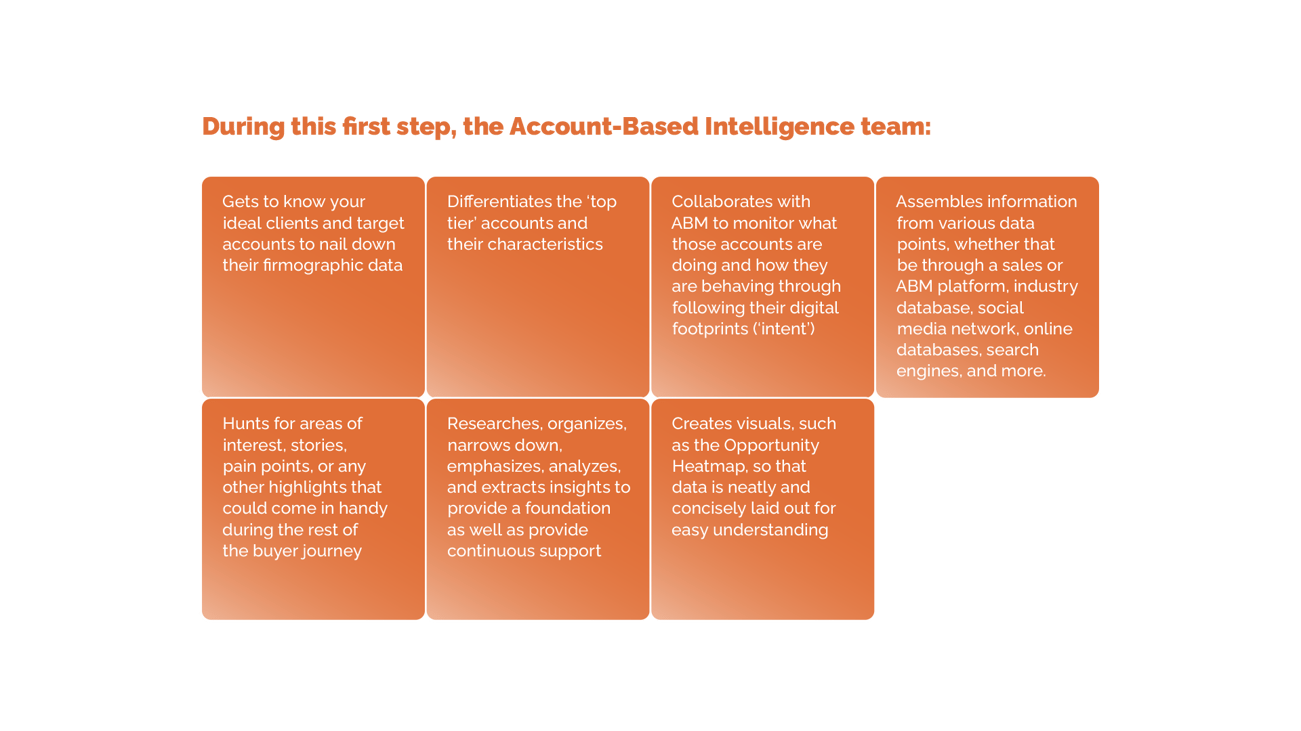
“Every company wants to increase revenue.” That’s a pretty safe and agreeable statement to make.
“Every B2B company should invest in sales, marketing, and customer success to achieve revenue growth.” That’s a statement which we like to believe is safe but might generate some debate.
“Every company who wants to achieve B2B enterprise growth needs a research/intelligence department to support their sales, marketing, and customer success teams.” ….This, on the other hand, is a statement which will surely raise some question marks.
At Infinityn International, we believe in all 3 statements. However, we understand that there needs to be a bit of explanation in order to clarify why we find a research team so crucial. You might wonder, “Why have a separate research function when our existing teams already do their own research?”, or, “Why would research be so important anyway?”, or, “How does a research component support our overall revenue goals?”.
In this brief article, we’ll lay down what a research/intelligence team is, its importance, and in what ways this intelligence team contributes to the overall revenue generation model. At the end of this article, you’ll also find out how quickly you can set up one of your intelligence teams according to the Agile ABG framework so that you can see your organization surge with Account-Based Growth!
Account-Based Marketing (ABM) has swept through the B2B world, thus impacting the way we do business forever. However, ABM as a standalone strategy is arguably a thing of the past. As time has marched forward, our knowledge and technology have expanded. We now have methods that build upon traditional ABM, such as Agile Account-Based Growth (Agile ABG), which encompasses a wider range of activities to reach revenue growth through a more personalized, data-driven, and holistic approach.
Despite newer frameworks such as Agile ABG appearing, some key takeaways from ABM will remain relevant throughout time … all of which happen to relate to the importance of research and intelligence for B2B success!
ABM focuses on serving top accounts, hence the name “Account-Based”. B2B organizations have found that time and resources can be wasted when trying to cater to everyone. Instead, time is invested to figure out which accounts are worth pursuing and which aren’t… all before the first conversations even take place!
While it might seem counterintuitive to spend time figuring out the ‘who’s and ‘what’s so early on, ABM has shown us that it’s worth finding out. Quality target accounts lead to quality clients, and thus the investment in time and research pays off.
Imagine you set up a meeting with a prospect, Sam, at an annual business conference. You arrive at the meeting and greet Sam with, “Hello, prospect! It’s great to finally meet you”.
Surely this kind of interaction would be off-putting, leading Sam to believe you’re uninformed and not genuine. This reinstates the notion that personalization can go a long way. In the B2B world, this might mean gathering some facts about a target account’s competitors, growth goals, struggles, mistakes, etc to have more focused and relevant communication with them, which helps you position your offers to solve their actual problems.
And how to get this kind of vital information?
ABM platforms are one of many tools to gather data about their needs, but the more general answer would be: people who conduct research and intelligence!
ABM boasts its ability to shorten a long cycle, and this is something surely any business person will appreciate. Instead of endless calls, emails marketing materials, demos, etc, which might not ever pan out, ABM helped marketers figure out who is worth talking with in the first place. This meant the likelihood of a sale was much higher, thus shortening the end-to-end process.
This learning helped us realize that if it can be shortened, then it should be! And shortening the sales cycle is possible through good research and intelligence.
Any company can purchase an ABM platform which helps collect relevant firmographic and intent data about our target accounts.
But then what?
Extracting insights from the data and putting these insights to use is what creates transformation, rather than the data itself. ABM has shown us how effective crafting communication around data can be, and how much time was wasted before communicating with accounts that weren’t ideal.
ABM showed us some valuable things, but some questions remain.
Who should be the one to analyze this data? - Some organizations say the marketers should handle the task, and we don’t completely disagree, as the sales and marketing teams are very capable. However, from our experience with next-gen ABM, it’s best to let people specialize in the intelligence function to streamline processes and allow marketers to market, and sales teams to sell. In other words, there needs to be a team of people who know exactly what to do with your data, whom to pass it to, and at which stage to step in with these various insights. With this in place, the intelligence team will be your expert analytical geniuses who help craft the perfect target accounts and support the entire growth journey.
In all the above takeaways, there is a main commonality we’d like to focus on in this article:
People who provide intelligence for the growth journey end up fueling the entire process to success.
Now that we know just how important research and intelligence are, let’s take a look at what a specialized “Account-Based Intelligence” team looks for within the Agile Account-Based Growth framework, and what it can do for your organization:
The Agile ABG Framework
Flaws still exist in ABM when being used as a standalone strategy to achieve the utmost potential for growth. Account-Based Marketing still did not pinpoint the best moment and the best type of outreach, and it still did not perfectly connect the later stages of customer success. Beyond this, there continues to be a missing sense of human touch within sales and marketing which persists throughout time. These gaps triggered the development of “Agile Account-Based Growth”, a framework that allows B2B enterprises to achieve their growth goals to the maximum potential.
The Agile Account-Based Growth (Agile ABG) model encompasses a range of activities relating to the entire buyer journey, not only marketing and sales but also in alignment with customer success. The framework enables the right type of conversations to take place, at the right time, and adds the human connection needed to create connections and deliver real solutions. The 5 components of Agile ABG created a repeatable, scalable way to gain clients, keep them happy, and grow exponentially. And the brains behind the framework?
…while all of the Agile ABG functions are important, we have to say that the intelligence function glues the whole operation together and supports growth at every stage of the funnel.
The “Research” function is the information-based beginning of the Agile ABG framework and also acts as the constant support to the whole Agile ABG process.
The goal of this function is to build a foundation of data-driven insight to set the rest of your growth process up for success. ABI researches any relevant information that could help distinguish the account and its importance from the rest, frame the sale for a fruitful close, or ensure ease and clarity for stakeholders who need to know information about this account and its journey down the funnel.
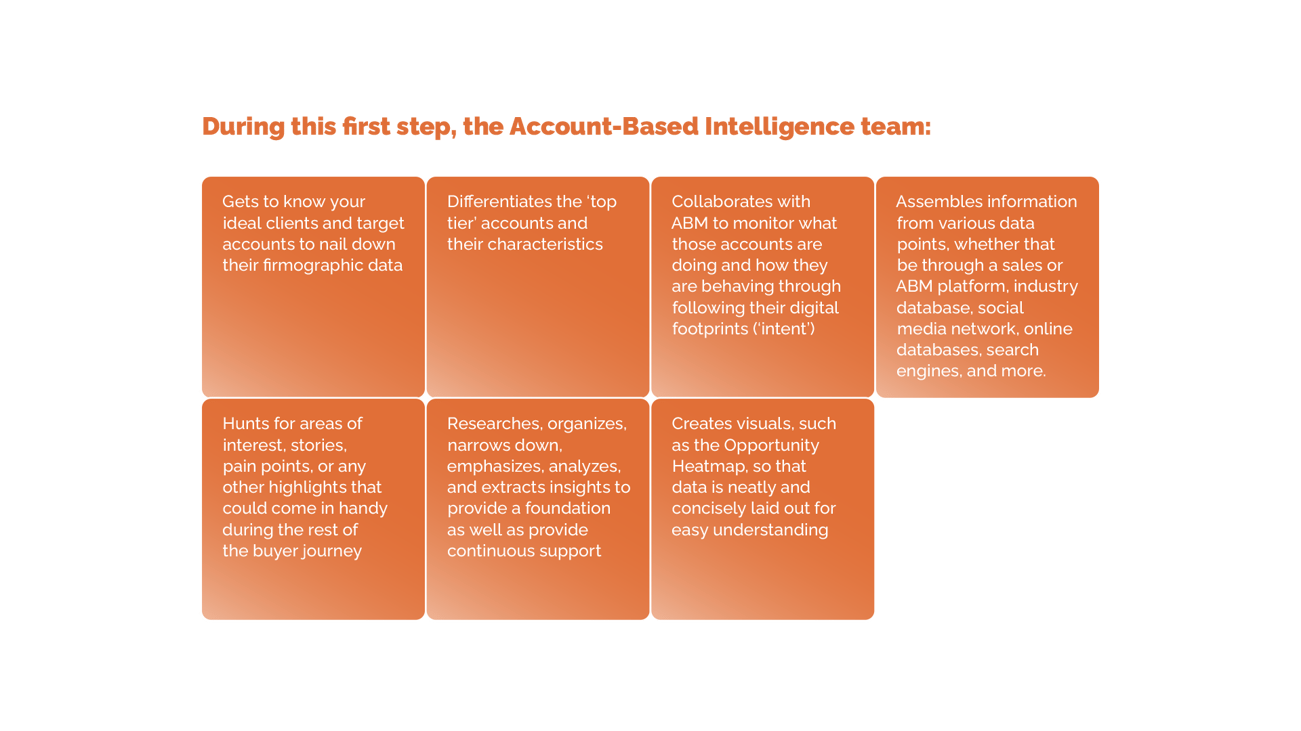
The following image shows the visuals created from ABI research, which include an Infinityn-International creation - The “Opportunity Heatmap”.

Find out more about the Opportunity Heatmap here!
This function is arguably the most unique part of the Agile ABG process. While other companies rely on the sales or marketing team to do quick research, the Agile ABG framework includes an entire function specifically for gathering data and insights. Having a dedicated research-specific means that you’ll be able to take a deep-dive into specific information that can transform the sale, finding that diamond-encrusted needle in the haystack that other organizations are bound to miss.
Although the “Research” function can be thought of as the ‘beginning’ step, there’s more to the story. This phase actually is present throughout the entirety of the Agile ABG process.
Here are some of the ways that the ABI function kicks in throughout the journey:
If your organization is relying on ABM alone, or on any other B2B sales and marketing methods that might not be serving you best, it might just be time to consider what you’re missing out on. An Account-Based Intelligence (ABI) team can be tailor-made to fit your organization according to the Agile ABG framework so that you can get started with new “brains” to power your revenue-generation machine.
When your ABI team is in place, you’ll have richer information, perfectly timed support, and greater efficiency, so that your organization can spend more time on winning deals and serving clients!

Today’s sales and marketing teams don’t have access to the right data to know which accounts to pursue, and what to say. They’re forced to rely on...
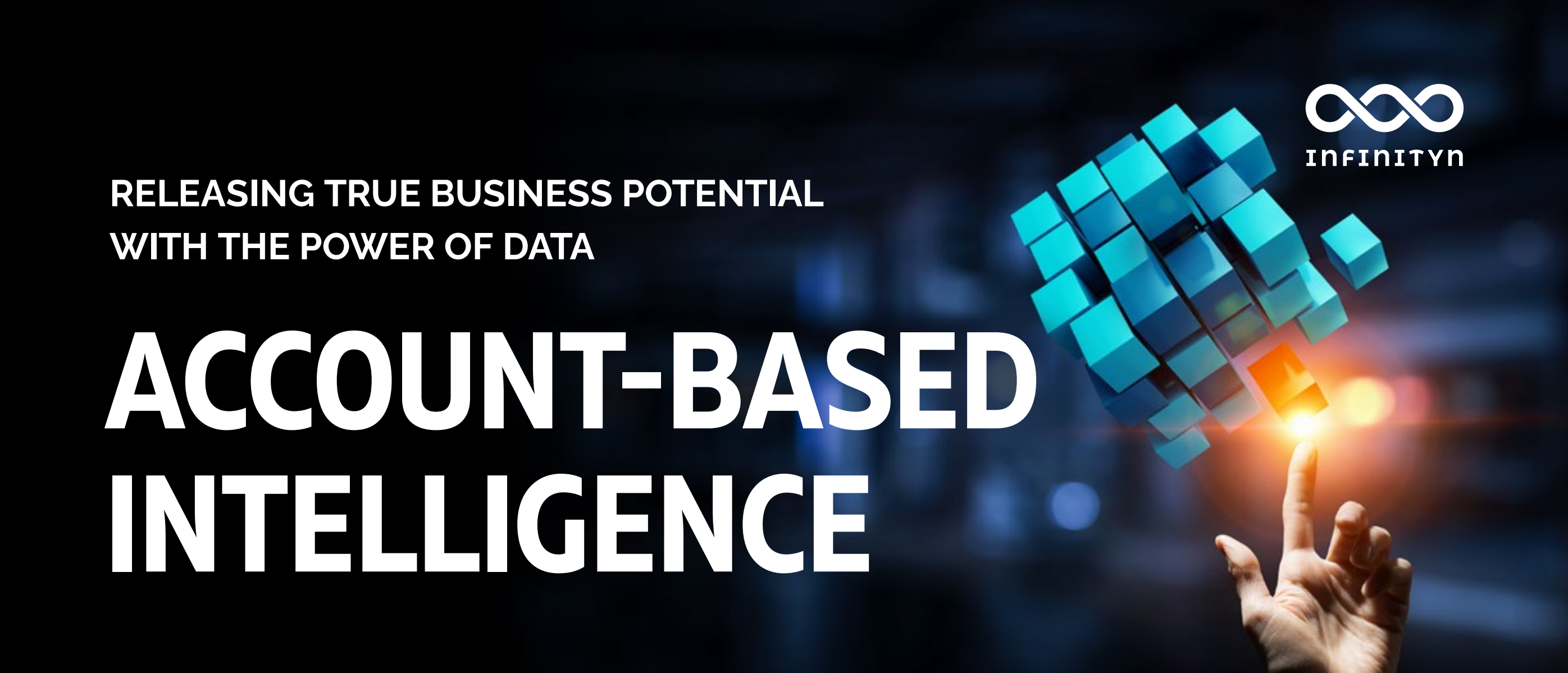
Account-Based Intelligence (ABI) is what powers ABM strategy & overall growth. Through ABI, we can help you reach your buyers in the earlier stages...
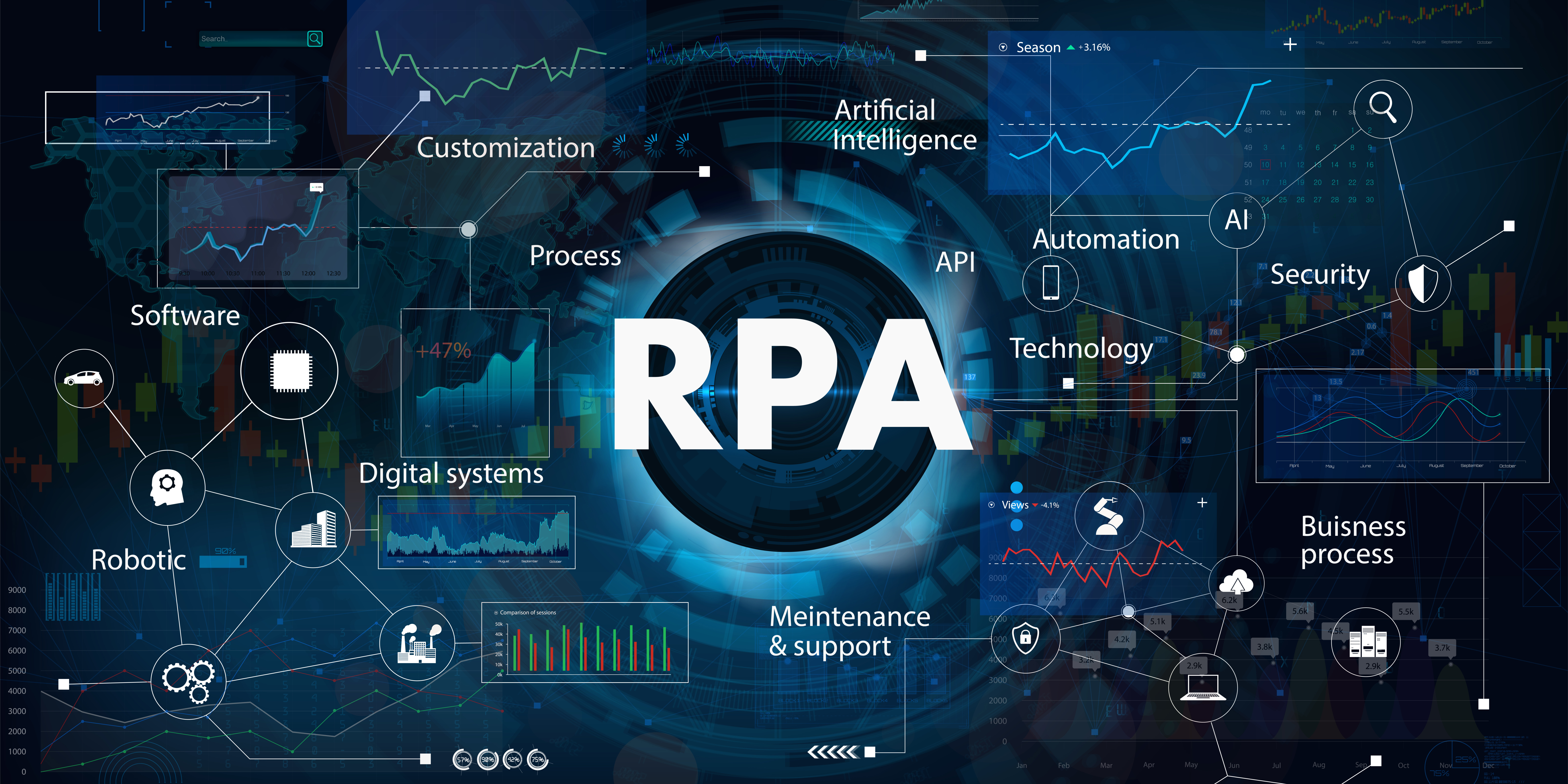
Helping your future customers advance from RPA initiative to great ROI By Kyle Hansen & Yuriy Koshulap
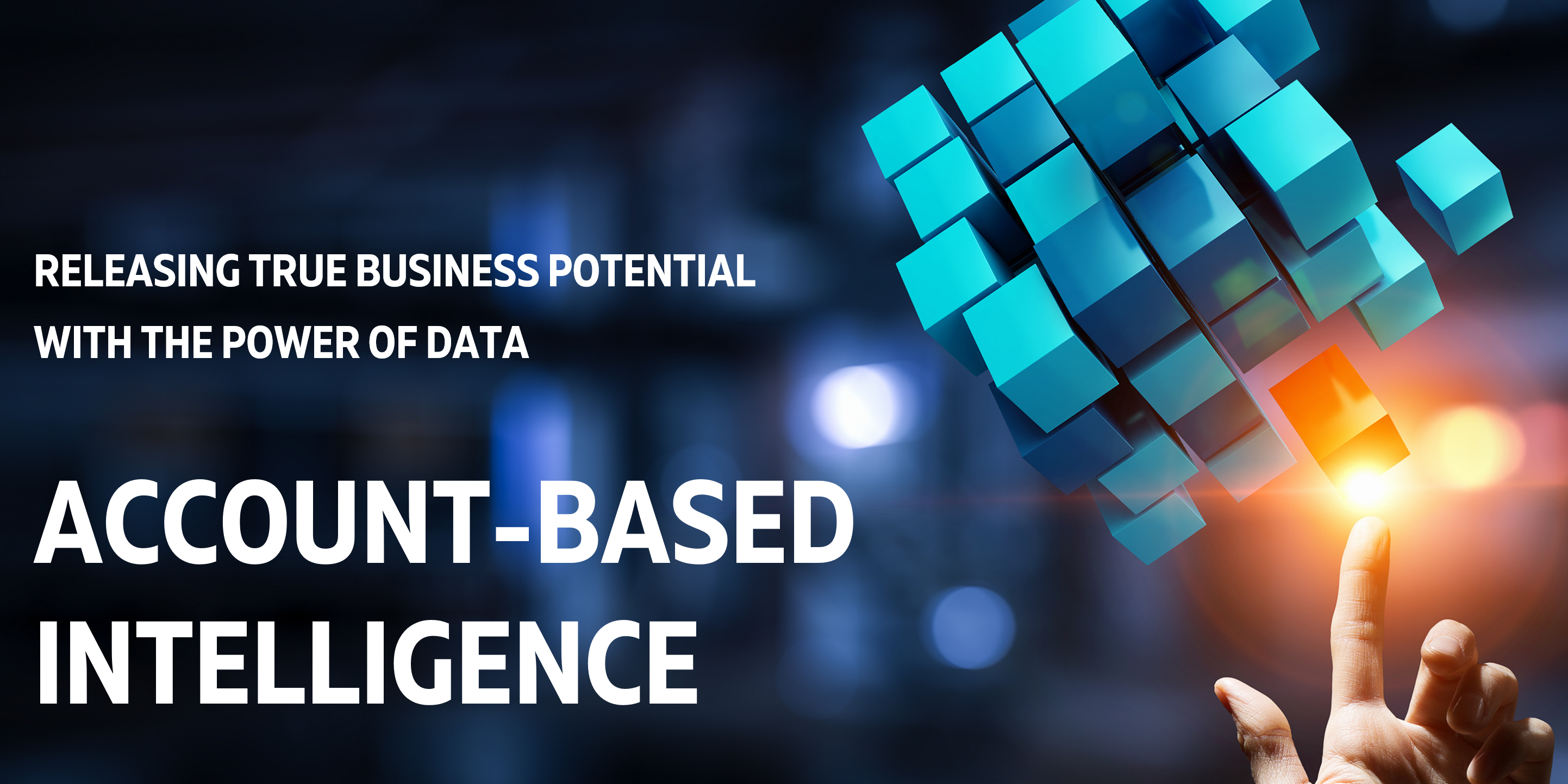
It’s hard to hit your pipeline goals when you can’t see your targets. Good thing we can light the way.

Discussion on how some technology enterprises are capitalizing on the downturn.

Spam isn’t just unwanted email. It’s any uninformed, irrelevant interaction. It wastes your time and money. And annoys the buyers you were hoping to...

The business world is shaken by the repercussions of current events and those in the near past. With our economic conditions becoming more and more...

TOPO’s “2019 ACCOUNT BASED BENCHMARK REPORT” – which included 150 account-based organizations - showed that every participant reached or exceeded a...

What’s the philosophy behind the technology of the most successful ABM programs? Answering this question was not the original intent when we set out...

How a simple visual can change the game for your organization’s intelligence efforts.
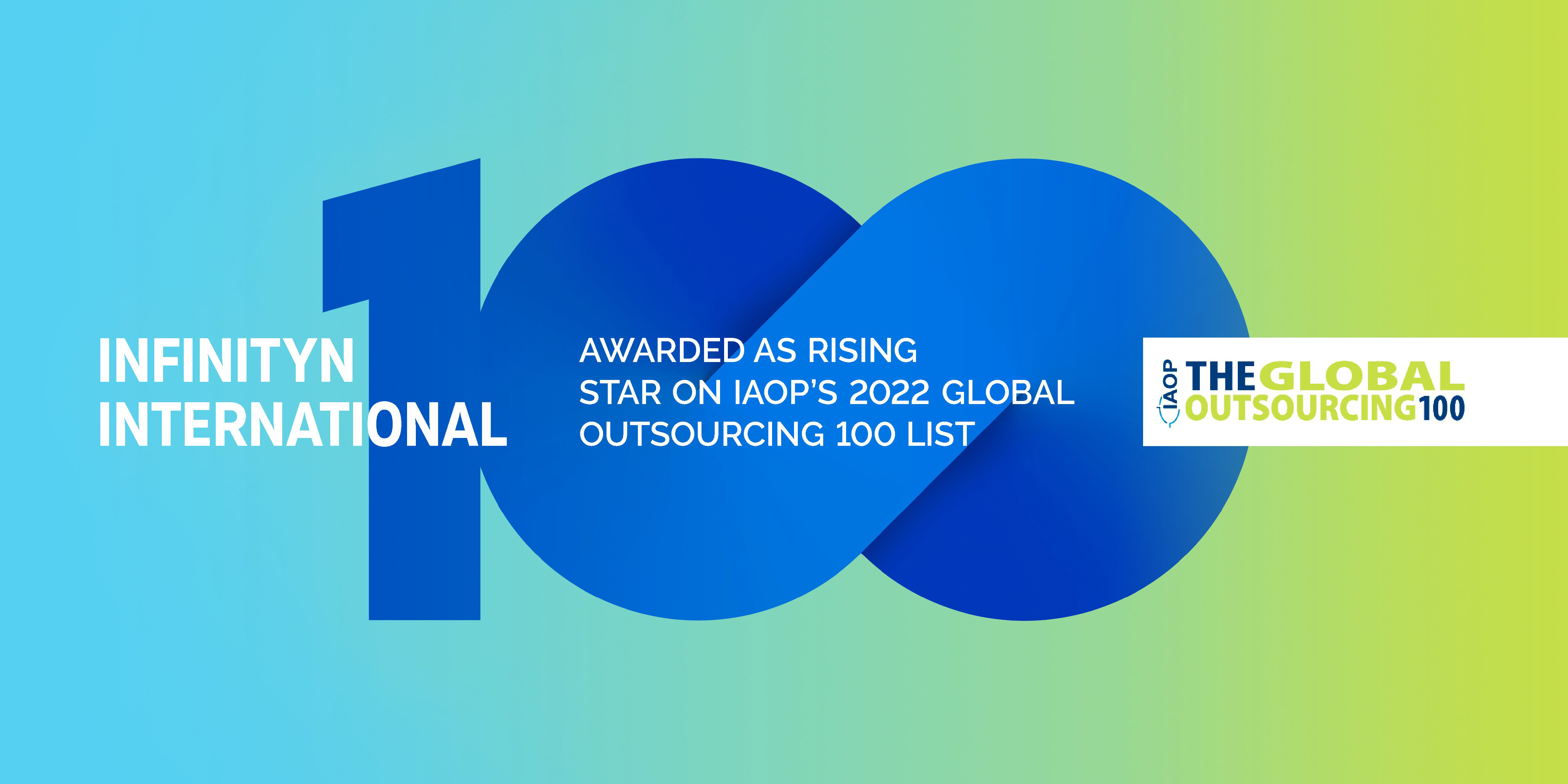
A new business model for outsourcing enterprise growth activities: Growth Process Outsourcing! It’s no news that outsourcing is a red-hot trend....

Growth process outsourcing is BPO for complex sales and marketing processes. Business process outsourcing (BPO) is a familiar term for most in the...